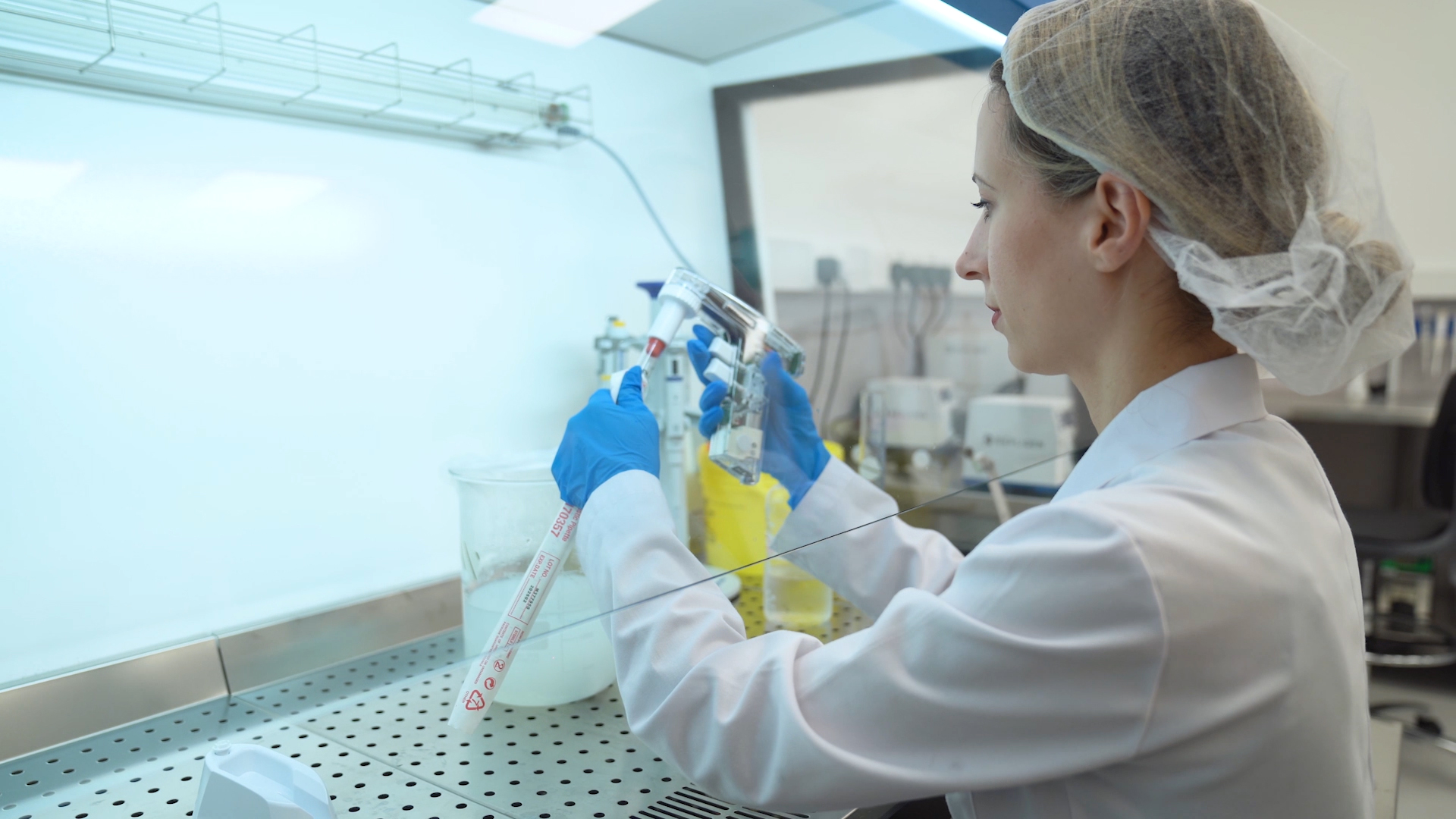Promed Bioscience, a biotech company specializing in advanced collagen-based biomaterials for regenerative medicine, has successfully closed a €1.25 million growth financing round led by KV Fund II.
Overall, the investment emphasises KVF II’s commitment to supporting pioneering Cypriot companies with global potential.
This new capital injection will enable Promed to expand production capacity, scale its U.S. commercial activities, and further its entry into international markets, while continuing to advance its proprietary 3D bioprinting and regenerative medicine platforms.
In essence, this means developing collagen scaffolds that act as “bridges” for the body to heal itself.
Already, in its breakthrough entry into the US market through a collaboration with an innovative Stanford spin-off, Promed’s collagen is being used in an FDA-approved medical device designed to facilitate the regeneration of lymphatic vessels and restore flow after surgical lymph node removal.
Promed’s momentum is driven by recent major commercial achievements and strategic partnerships, including agreements worth over €30 million with two leading South Korean medical implants manufacturers, as well as additional collaborations across Asia, Europe, and the Americas.
To meet rising global demand, Promed is scaling its facilities to industrial-level production, investing in state-of-the-art protein extraction and quality-control equipment.
In turn, these steps will strengthen its position as a trusted partner in healthcare and biotechnology, while ensuring delivery to the strictest international regulatory standards.
Costas Pitsillides, CEO and Co-Founder of Promed Bioscience said that “This growth financing marks a pivotal moment for Promed as we scale from research-driven development to full commercial production, while in parallel continuing to advance our R&D initiatives with highly purified medical-grade collagen produced here in Cyprus”.
“With KVF II’s support, we are accelerating our vision to bring next-generation biomaterials to patients and industries worldwide,” Pitsillides concluded.






Click here to change your cookie preferences